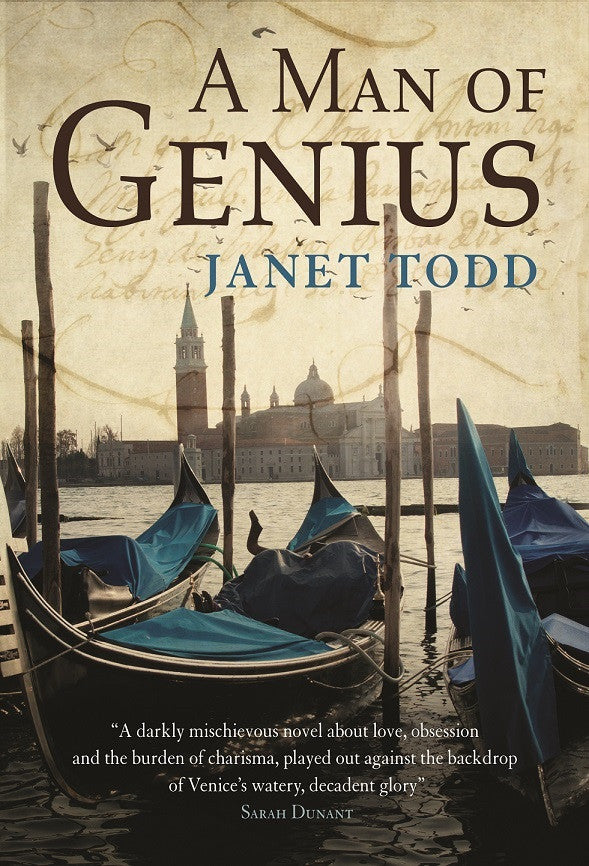JANET TODD

Lockdown Q&A, April 2020
- How are these surreal days influencing your normal writing process?
The isolating period began in the week planned for the launch of my new novel Don’t You Know There’s A War On? The actress Miriam Margolyes was coming to Cambridge to read passages from the book before we drank wine and celebrated publication. Sadly, not to be!
Ironically, the novel’s background is the Second World War and its long English aftermath of rationing and social disruption--events often compared (too glibly) with what’s happening now. The central characters are isolated in a house—again, eerily reminiscent of the present--though my mother and daughter are psychologically rather than physically locked down.
Since I can’t get out to talk about this novel, I’ve turned to tinkering with the next. I’m having great fun moving my people about. Perhaps because touristy and overcrowded Cambridge is so extraordinarily empty for the first time in decades, I’m allowing them to roam round the town (in imagination of course!).
-What are the little things that are getting you through this extraordinary time?
We are lucky that on our damp little island it is Spring and the trees and bulbs are doing their thing regardless of human troubles. When—intermittently—the sun shines, I work in my small garden, collecting up old leaves and pulling out weeds in a way I rarely do in happier times (my excuse is that the garden is re-wilding—or, rather, remaining ‘wild’.)
I also take my statutory walk nearby in what Wordsworth in The Prelude called the ‘level fields’ (he compared Cambridge, town and country, unfavourably with his native Lake District). I wave companionably to other elderly walkers, while feeling mightily irritated by youthful joggers coming up close behind. Perhaps I should carry an umbrella with a stiletto point….
-If you had to isolate yourself with one other writer, who would it be and why?
I’ve lived with Jane Austen for many years, editing and annotating her works, writing background articles, and reading and re-reading with pleasure the six novels and two fragments. So, with trepidation, I’d offer to go into isolation with Jane Austen.
She’d not be the easiest company. She disdained self-pity in both the hypochondriac and the genuinely ill and was impatient with the kind of self-obsession we now tend to regard as healthy. She would, I think, be acerbic about many of the feel-good suggestions being sent to the self-isolating.
But she loved a laugh and, if I were lucky, she’d amuse me with those funny sketches with which she entertained her family down the years.
And, of course, I could ask her how she intended to finish her last novel Sanditon!
- Which historical writer would you find it difficult to be self-isolating with? And why?
Charles Dickens. A genius and a tricky man with whom to share a domestic space. Everything revolved around him: silence when required, likewise food and entertainment. So, despite immense admiration, I’d find it difficult so thoroughly to sacrifice my own modest routines and needs to this sort of control. Dickens chose the décor and furniture in his houses, even the wallpaper, worktables, curtains and chairs in his daughters’ bedrooms.
So, I will live with his superb novels rather than imagining anything closer.
- Is there a local dish or comfort food that you are eating more regularly at the moment, to get you through these turbulent times?
I think a lot about food. Just now my mind runs on childhood treats rather than more sophisticated delights encountered later in life, like tagines, biryanis, baklavas and gulab jamun. I yearn for Chelsea buns, sponge cakes, sticky toffee puddings, and steak and kidney pies. I expect to emerge from this lockdown a great deal wider. Best not take any more Selfies!

